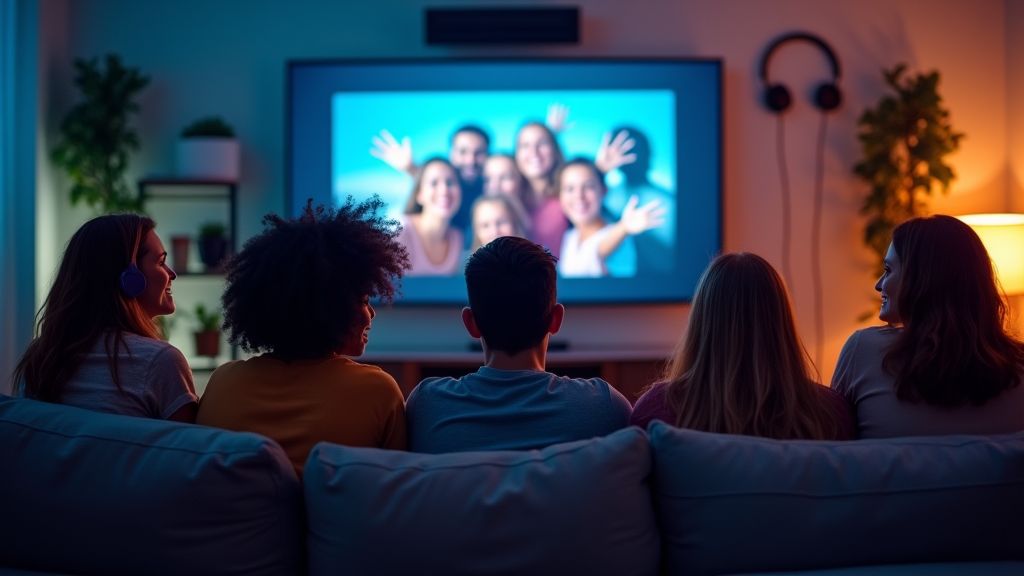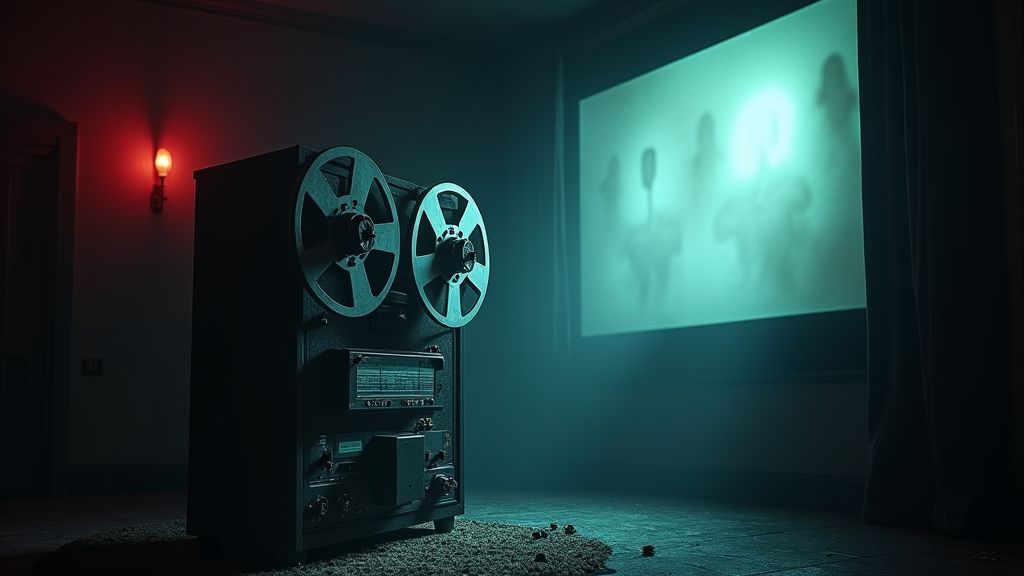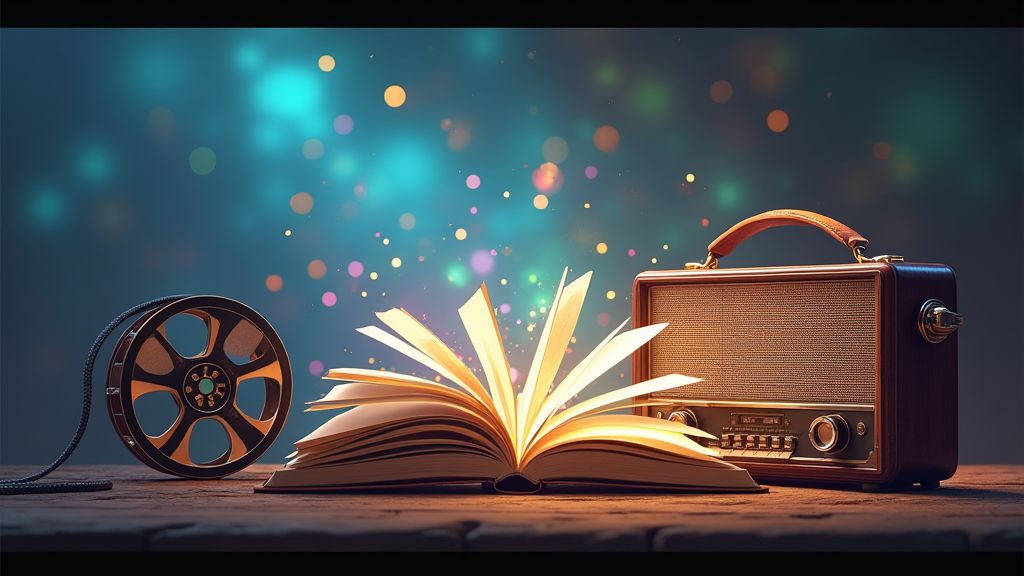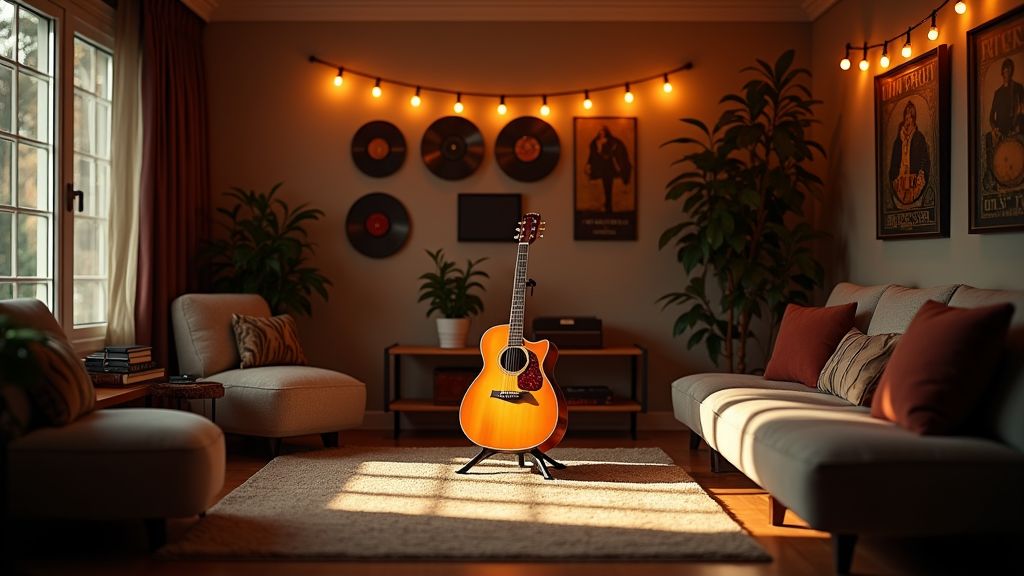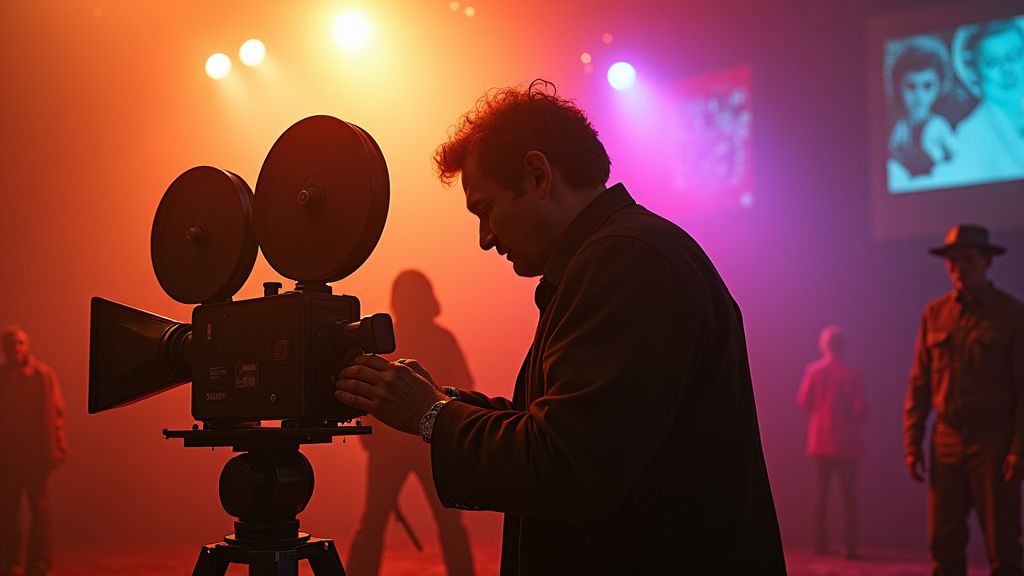The Power of Narrative in Music Lyrics
Have you ever found yourself lost in the words of a song, transported to a different time or place by the story being told? Music has a unique ability to evoke emotions, create connections, and communicate complex ideas through its lyrics. In this article, we will explore the power of narrative in music lyrics and how it impacts both artists and listeners.
The Evolution of Storytelling in Music
Stories have been an integral part of human culture since the beginning of time. From cave paintings and oral traditions to modern literature and film, storytelling has always served as a means of sharing experiences, beliefs, and emotions. Music is no exception. Throughout history, musicians have used lyrics to tell stories, convey messages, and connect with their audience on a deeper level.
From Folk Songs to Concept Albums
The use of narrative in music lyrics has evolved over the years, from traditional folk songs that passed down stories through generations to concept albums that tell a cohesive tale from start to finish. Artists like Bob Dylan, Joni Mitchell, and Bruce Springsteen have mastered the art of storytelling in their songs, drawing listeners in with vivid imagery, relatable characters, and thought-provoking themes.
Impact on Artists and Listeners
For musicians, crafting meaningful narratives in their lyrics can be a cathartic process that allows them to express their deepest thoughts and emotions. It also gives them a way to connect with their audience on a personal level, creating a sense of empathy and understanding. For listeners, the power of narrative in music lyrics lies in its ability to resonate with their own experiences, providing comfort, inspiration, and a sense of belonging.
The Significance of Personal Stories
Some of the most powerful songs are those that tell personal stories, drawing from the artist’s own experiences and emotions. Whether it’s a heartbreak, a triumph, or a moment of reflection, these narratives have the ability to touch listeners on a profound level. Artists like Adele, Taylor Swift, and Ed Sheeran have all found success by sharing their personal stories through their music, connecting with millions of fans around the world.
The Influence of Social and Political Narratives
Music has long served as a platform for social and political commentary, with artists using their lyrics to address important issues. From Bob Dylan’s protest songs to Kendrick Lamar’s reflections on race and inequality, musicians weave social narratives into their work, encouraging listeners to think critically about the world around them. These stories transcend entertainment, providing a voice for communities and sparking cultural conversations that lead to awareness and change.
Storytelling in Hip-Hop and Rap
Hip-hop and rap have elevated storytelling in music to new levels, with artists using lyrics to share personal experiences and reflect on societal challenges. Through vivid narratives, rappers like Nas, Tupac, and Jay-Z have chronicled life in inner-city neighborhoods, giving listeners a glimpse into the realities of marginalized communities. This form of storytelling not only provides an outlet for self-expression but also brings awareness to issues of poverty, violence, and resilience.
The Rise of Visual Albums and Music Videos
The evolution of storytelling in music has also been influenced by the rise of visual albums and music videos. Artists like Beyoncé and Billie Eilish use cinematic visuals to enhance the narratives within their songs, creating a multi-sensory experience that draws fans deeper into their stories. Visual storytelling in music videos allows artists to add layers of meaning, symbolism, and emotion, transforming music into a more immersive and culturally impactful art form.
The Future of Storytelling in Music
As technology advances, the future of storytelling in music is poised to become even more interactive and immersive. Virtual reality, augmented reality, and AI-driven compositions open up new possibilities for artists to create dynamic narratives that respond to the listener’s environment or mood. This evolution will likely change how audiences experience music, blending storytelling with innovative tech to further deepen the connection between artist and listener in unprecedented ways.


